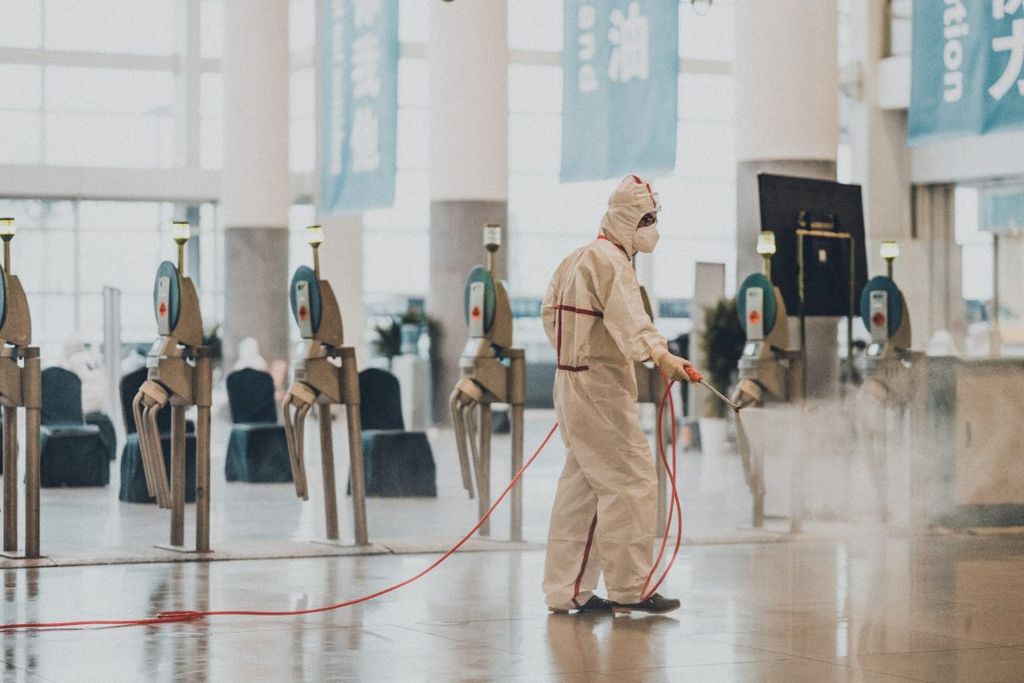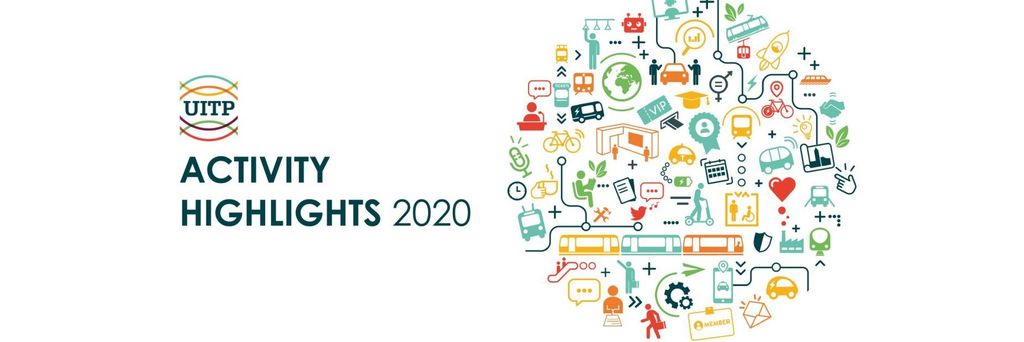
Adopting long-term strategies for cleaning and disinfection
Joining forces to provide recommendations for the sector
Earlier this year, UITP announced that it had partnered with ISSA – the worldwide cleaning industry association and GBAC, its Global Biorisk Advisory Council™, in a bid to strengthen our sector’s response to the ongoing COVID-19 health pandemic.
Since then, UITP, ISSA and GBAC have worked together to provide recommendations for the public transport sector to adjust their cleaning and disinfecting practices to ensure continued service excellence and safety of their services, and offer the GBAC STAR™ accreditations to transport providers.
These best practices and recommendations can be found in the joint Knowledge Brief, Adopting long-term strategies for cleaning and disinfection of public transport systems. The publication focuses on cleaning and disinfection of surfaces to avoid cross-contamination and presents the results from a survey, launched at the end of 2020, with UITP members on their current practices.
Fleet and faculty cleaning costs increased for at least 86% of respondants in the early phases of the pandemic. While this is to be expected, transport providers should focus on the next steps…
As the pandemic will remain a priority for quite some time, it is important for the sector to review the current practices and to adapt them for the long-term, with the help of experts, to maximise the safety of the public transport networks, but also to keep the additional costs under control.
Throughout the pandemic, public transport operators have been implementing special cleaning and disinfection regimes to minimise the risk of cross-contact contamination. This continues today, as operators work to keep their networks safe and reassure passengers and staff. At the same time, tactics need to evolve based on an ongoing local risk assessment. This Knowledge Brief provides guidelines on processes for operators to ensure efficient and cost-effective cleaning and disinfection of their networks in the long-term, in the context of the COVID-19 pandemic but also other possible outbreaks in the future.
What is the GBAC star programme?
The GBAC STAR programme provides an online fundamental course for key employees, as well as guidance documents for outbreak risk assessments, cleaning and disinfecting techniques and more.
Globally recognised biorisk management experts then review applicants’ protocols against international standards to ensure all gaps are removed and organisations can rest assured that they have covered all the necessary elements to protect passengers and employees.
Through UITP’s partnership with ISSA and GBAC, UITP members benefit from a discounted rate to take the GBAC Fundamentals Trained Technician online course, which provides a 2.5 hour overview from infectious disease mitigation experts. The programme will review protocols for fleets, stations, depots, shelters and corporate facilities.
Check out UITP’s COVID-19 resources and insights for decision makers and the sector
exclusive resources






